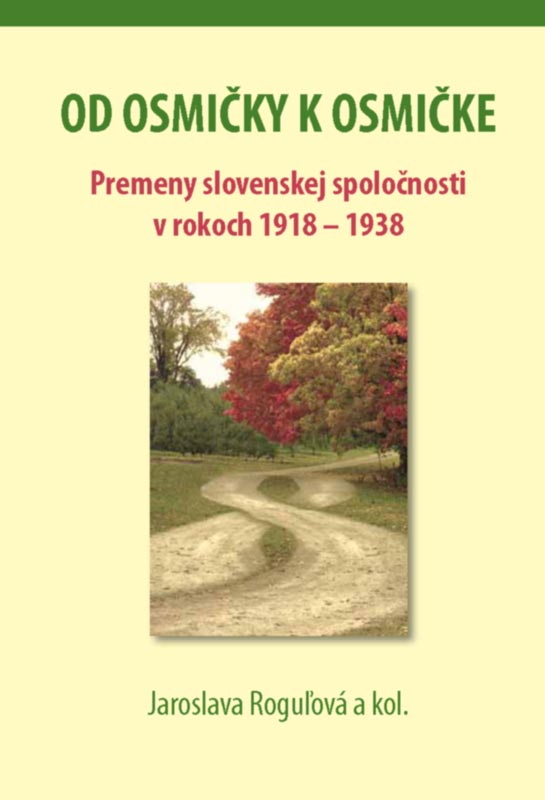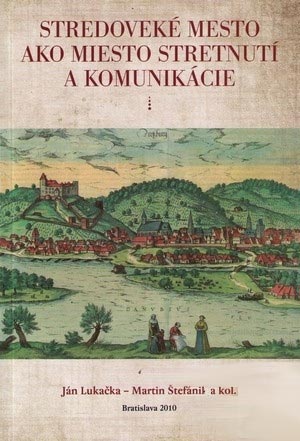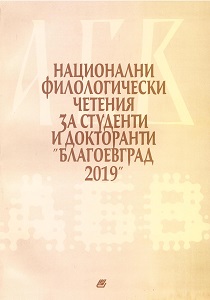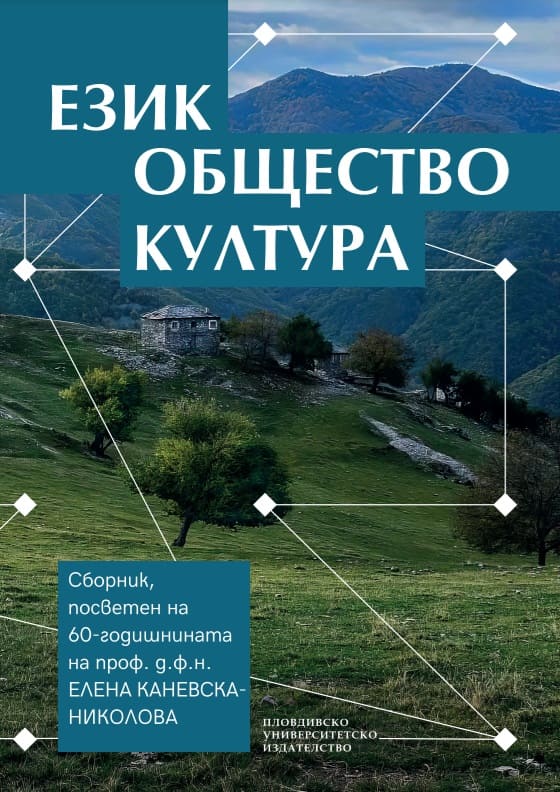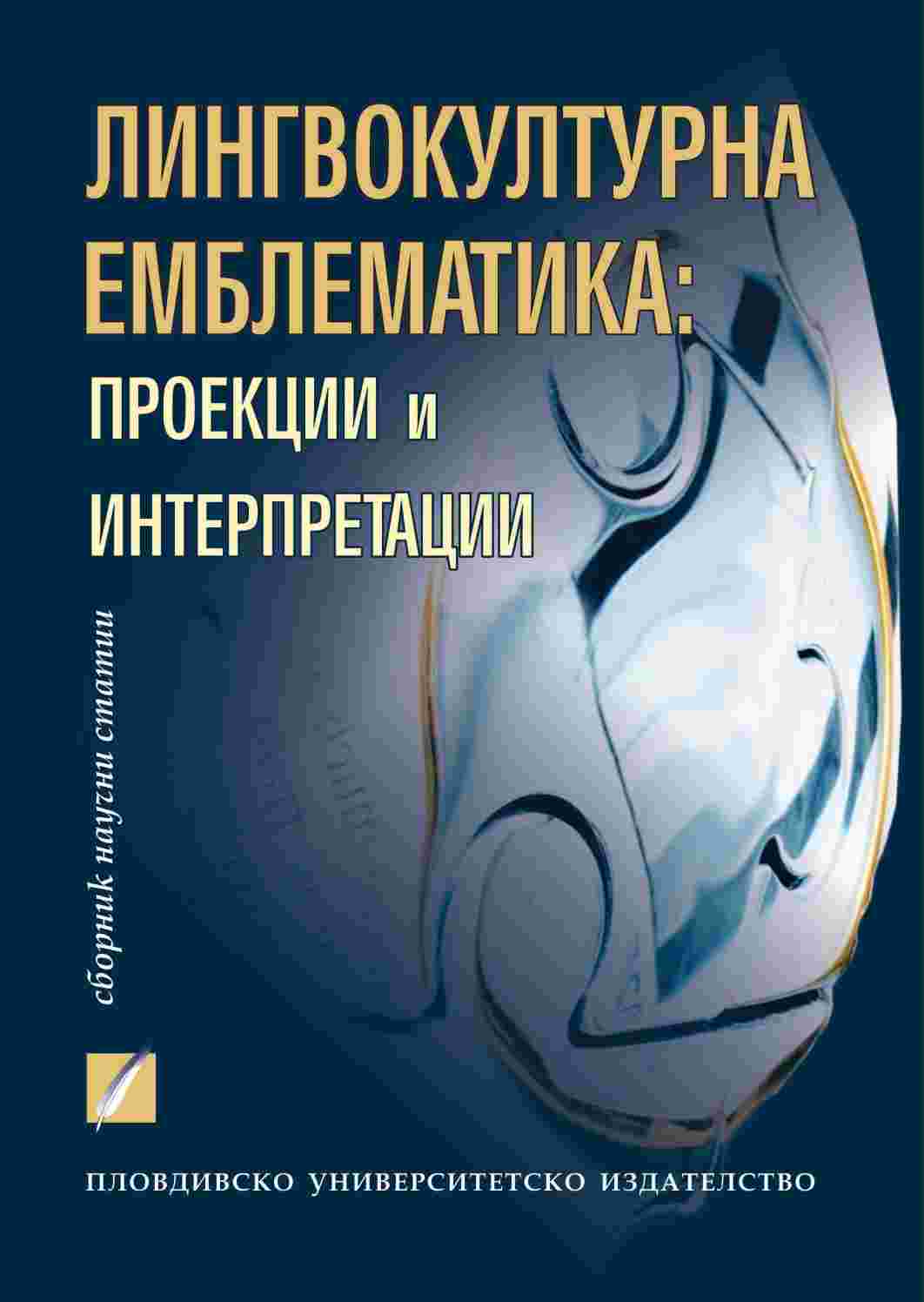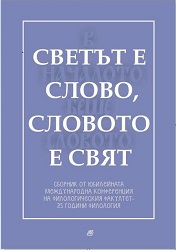
НОВЫЕ РАКУРСЫ РЕЦЕПЦИИ ИВАНА БУНИНА В БОЛГАРИИ
Ivan Bunin is a famous figure for the Bulgarian culture. His masterpieces not only appeared in the Bulgarian language at the beginning of the XX-th century, but also created a new image of the Russian classic writer. The interest to Bunin’s works has been real from the first translations to our days. Such a phenomenon can be explained by the specific Russian soul and mentality, which is transferred by the Russian people all over the world. The article depicts new aspects in Bunin’s reception in Bulgaria. The author presents the materials and documents, published in Margarita Kanazirskaya’s book “After Russia. To the Problem of the Russian Emigration the Bulgaria /1920-1940/”, 2013. A few extracts from Ivanka Vaseva’s article “I. A. Bunin” are translated by the author in Russian. There is a strong bibliography of critical works about Bunin’s creative work.
More...
